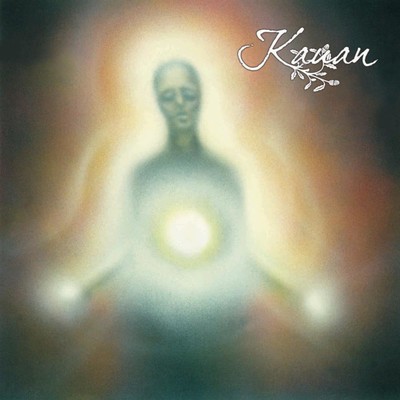Долгожданный второй альбом уникальной российской группы Kauan! Группа, получившая множество самых лестных отзывов в России и на Западе, чей первый альбом стал сенсацией в Европе (победив в номинациях от "лучшего альбома года" до "прорыв гоа") возвращается к слушателю с новой работой, демонстрирующей творческий и профессионаьный рост музыкантов. "Tietajan Laulu" - яркое концептуальное полотно, совмещающее нежную камерную и тяжёлую метал - музыку, близкую по стилистике к Agalloch, Tenhi, Subaudition с неповторимым колоритом и использованием текстов на финском и русском языках. Мастеринг и сведение произведены Павлом Перистым, известным по работе с такими группами, как Инталия, Откровения Дождя, Tears Of Mankind и другими. Диск с золотым напылением упакован в стильный digi-pack оформленный авторскими рисунками.
Треклист:
1 Вместо Слёз 6:37
2 Kyynelten Sijaan 9:26
3 Песнь Матери 6:01
4 Äidin Laulu 12:02
5 Прозрачный Цветок 8:12
6 Orkidea 10:34
Артист:
Kauan
Страна артиста:
Russia
Год альбома:
2008
Название:
Tietajan Laulu
Стиль:
atmospheric dark metal
Формат:
Compact Disk
Тип:
CD
Упаковка:
Digipak
Лейбл:
BadMoodMan Music
Кат. номер:
BMM. 016-08
Год издания:
2008
Страна-производитель:
Russia






















































